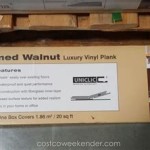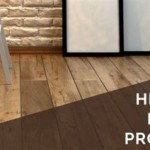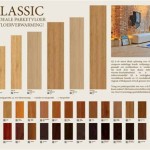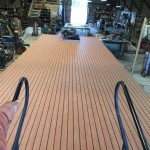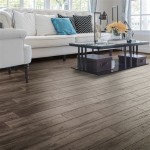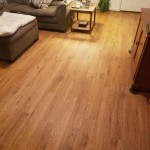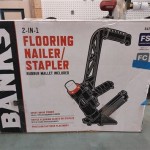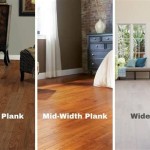Bruce Engineered Wood Flooring Installation Instructions: Essential Considerations
Installing Bruce engineered wood flooring involves careful planning and execution to ensure a durable and aesthetically pleasing surface. Here are the essential aspects to consider for a successful installation:
1. Preparation and Acclimation
Prior to installation, it is crucial to prepare the subfloor by ensuring it is flat, clean, and free of moisture. Ensure that the subfloor meets the manufacturer's specifications for thickness, levelness, and moisture content. Additionally, acclimate the flooring to the room's temperature and humidity conditions for several days before installation.
2. Underlayment and Moisture Barrier
Install an appropriate underlayment specifically designed for engineered wood flooring. The underlayment helps reduce noise, provides cushioning, and acts as a moisture barrier. Additionally, a moisture barrier should be installed beneath the underlayment to prevent moisture from seeping up through the subfloor.
3. Installation Methods
Bruce engineered wood flooring can be installed using various methods, including floating, nailing, or gluing. The selected method depends on the type of flooring and the subfloor conditions. Floating installations involve locking planks together without attaching them to the subfloor, while nailing or gluing secures the planks directly to the subfloor.
4. Expansion Gaps
Allow for expansion gaps around the perimeter of the room and around fixed objects such as walls, columns, or transitions. These gaps accommodate the natural expansion and contraction of the flooring due to changes in temperature and humidity. Failure to provide adequate expansion gaps can lead to buckling or other flooring issues.
5. Transition Pieces
When transitioning to different flooring materials or surfaces, such as carpet or tile, transition pieces are necessary. These pieces create a smooth transition between different flooring types and prevent gaps or tripping hazards. Choose transition pieces that complement the style and color of the Bruce engineered wood flooring.
6. Finishing and Maintenance
After installation, the flooring should be finished with a high-quality urethane finish. This finish protects the flooring from wear, scratches, and moisture damage. Regular cleaning and maintenance, such as sweeping, vacuuming, and occasional damp mopping, will help maintain the floor's appearance and longevity.
By following these essential considerations, you can ensure a successful Bruce engineered wood flooring installation that enhances the beauty and value of your home for years to come.
Bruce Hardwood Installation Instructions Diy Wood Flooring

How To Install Bruce Floating Tongue Groove Engineered Hardwood

Installing Bruce Hardwood Flooring Stop Motion Animation

Bruce Floating Hardwood Review

Bruce Natural Maple 3 8 In T X 5 W Engineered Hardwood Flooring 22 Sqft Case Ema20lgee The Home Depot

Waterproof Locking Hardwood With Angle Technology Installation Instructions For Floating And Glue Down S Floor Expert

Bruce Hardwood Installation Instructions Diy Wood Flooring

Bruce Rustic Natural Hickory 3 8 In T X 5 W Engineered Hardwood Flooring 22 Sqft Case Ahs552ee The Home Depot

Bruce Sample Hydropel Natural Hickory Engineered Smooth Traditional Waterproof Hardwood Flooring In The Samples Department At Com

Enginereed Wood Flooring Bruce Brushed Impressions Limited Color Brbh96ek36w Hurst Hardwoods
Related Posts

